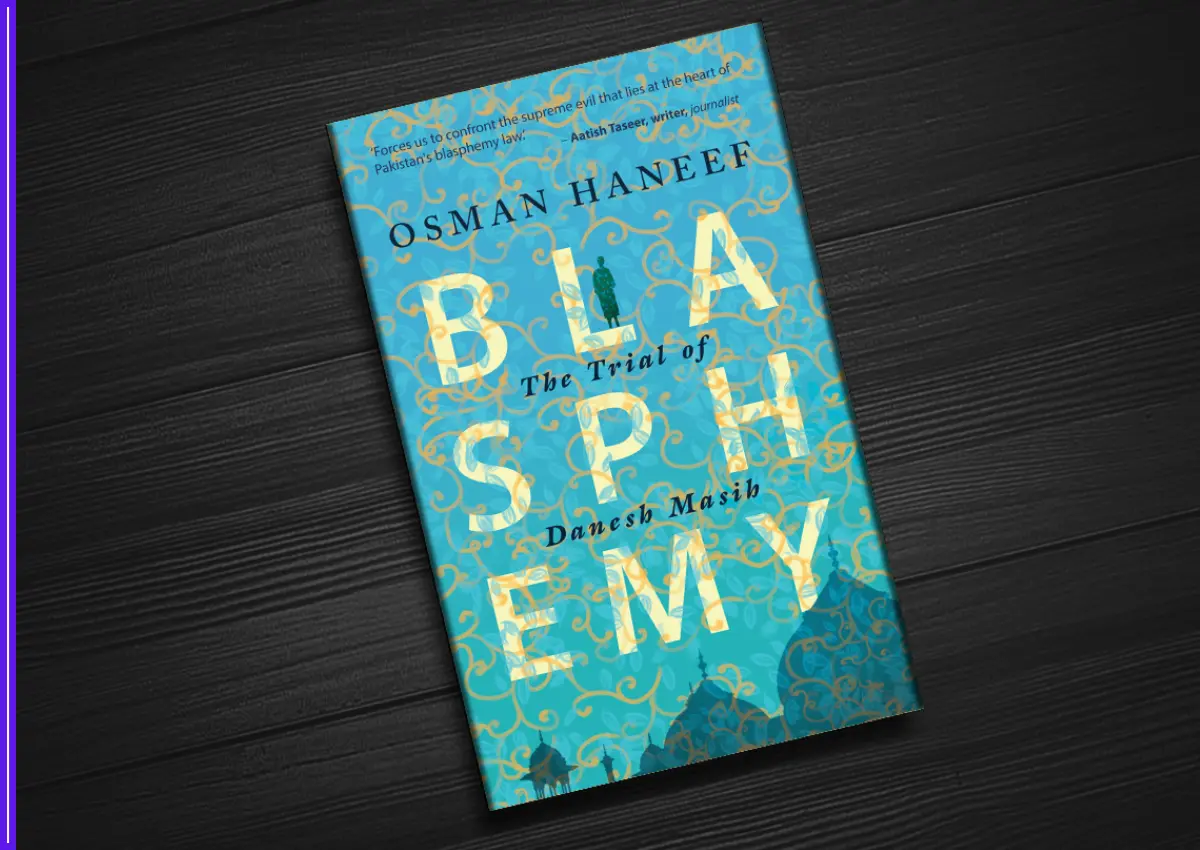In a major development, the execution of Kerala nurse Nimisha Priya, who has been on death row in Yemen for the alleged murder of her Yemeni business partner, has been officially postponed, according to her family and diplomatic sources. The news has brought a wave of relief to her family in Kerala, who have been fighting tirelessly to save her life.

Nimisha Priya, a nurse from Palakkad, Kerala, was convicted by a Yemeni court in 2020 for the 2017 murder of Talal Abdo Mahdi, her former business partner. According to the prosecution, Nimisha injected him with sedatives to recover her passport and escape the country after he allegedly abused and confined her. The plan reportedly went wrong, leading to Mahdi’s death and her eventual conviction. The Yemeni Supreme Court upheld the death sentence in 2023, leaving little room for legal appeals.
Her husband, Tomy Thomas, spoke to the media after receiving confirmation of the stay.
“The execution has been postponed. That is good news. We are happy and relieved. Efforts will continue until she is brought home safely,” he said. “We thank everyone who stood by us.”
The stay in execution comes just a day before the scheduled date—July 16, 2025—and is believed to be the result of coordinated diplomatic and humanitarian efforts by Indian religious leaders, lawyers, and international negotiators. One of the main factors influencing the decision appears to be fresh backchannel talks involving prominent Islamic scholars from India and Yemen, including Kanthapuram A P Aboobacker Musliyar and Sheikh Habib Umar bin Hafiz, who reportedly played a key role in negotiating with the victim’s family.
A group called the Save Nimisha Priya International Action Council has also been active, raising funds and awareness about the case. Samuel Jerome Baskaran, a key member of the council, confirmed that the Yemeni government postponed the execution following a direct request from the President of Yemen, Rashad al-Alimi. The move, however, was taken without informing the victim’s family to avoid backlash and potential unrest in Sanaa, the capital.
While the postponement provides temporary relief, Nimisha’s legal situation remains precarious. Under Yemeni law, especially in areas controlled by Houthi rebels, the only remaining avenue to save her from execution is diyat—a blood money settlement with the deceased’s family. However, the victim’s family has so far refused to accept compensation, and negotiations remain deadlocked.
Earlier this month, the Indian government informed the Supreme Court of India that its hands were tied due to the absence of a functioning Indian mission in Yemen and the nature of the legal system there. The Ministry of External Affairs (MEA) said that only a settlement with the family could avert the execution, making the involvement of religious and community leaders crucial.
Nimisha’s mother, Prema, also expressed cautious hope. “We are thankful for this pause, but our fight is not over. We will continue to pray and push for her release,” she said. The family has been seeking help from the Indian diaspora and influential figures to help raise the compensation amount and influence the victim’s kin.
Back in Kerala, Chief Minister Pinarayi Vijayan welcomed the postponement as a “positive sign” and reiterated that the state government remains in touch with the MEA. “We will do everything we can,” the CM said.
The coming days are expected to be crucial, as talks for a final settlement intensify. According to sources, the negotiations will now focus on persuading the Talal family to accept the diyat. Meanwhile, Nimisha remains in a Yemeni prison, awaiting word on whether her life can be saved.
This temporary relief has breathed new life into the campaign to save her. But the clock is still ticking.
Let me know if you’d like this optimized for web, with meta description + OG tags.





